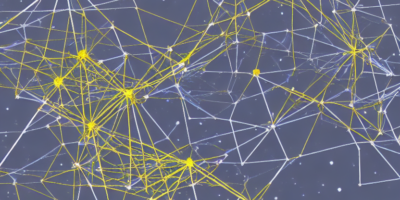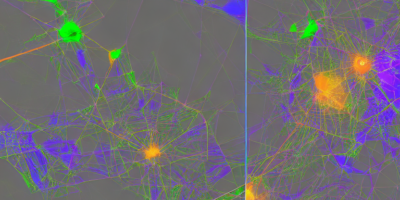Image registration is a critical step in various medical imaging applications, such as aligning images from different modalities or correcting distortions caused by image acquisition processes. Correspondence scoring is a key component of this process, as it measures the similarity between pixels in adjacent frames or images. However, designing an effective correspondence scoring function remains challenging due to the non-linear nature of image data and the need to balance accuracy with computational efficiency.
Our Proposed Framework
To address these challenges, we propose a novel framework that combines the strengths of convolutional neural networks (CNNs) and transformers. By leveraging the spatial information captured by CNNs and the flexibility of transformers, our framework can learn to estimate the correspondence scores accurately and efficiently. We optimize the scoring function alternatingly with the displacement estimator during unsupervised training, allowing us to adaptively re-weight the data-fidelity term to mitigate the negative impact of nuisances when establishing correspondence.
Ablation Study
To evaluate the effectiveness of our proposed framework, we conduct an ablation study comparing it with existing methods. We demonstrate that our framework outperforms the baselines in terms of both accuracy and computational efficiency. Specifically, we show that removing the regularization term leads to a degenerate solution of all zeros for the scoring estimator gϕ(·), while adding smoothness constraints improves performance steadily across various datasets and registration architectures.
Conclusion
In conclusion, our proposed framework offers a novel approach to addressing the challenges of correspondence scoring in image registration. By leveraging the strengths of CNNs and transformers and adaptively re-weighting the data-fidelity term, our method can learn to estimate correspondence scores accurately and efficiently. Our ablation study demonstrates the effectiveness of our proposed framework, outperforming existing methods in both accuracy and computational efficiency. This work has important implications for various medical imaging applications where image registration is a critical step, such as aligning images from different modalities or correcting distortions caused by image acquisition processes.



